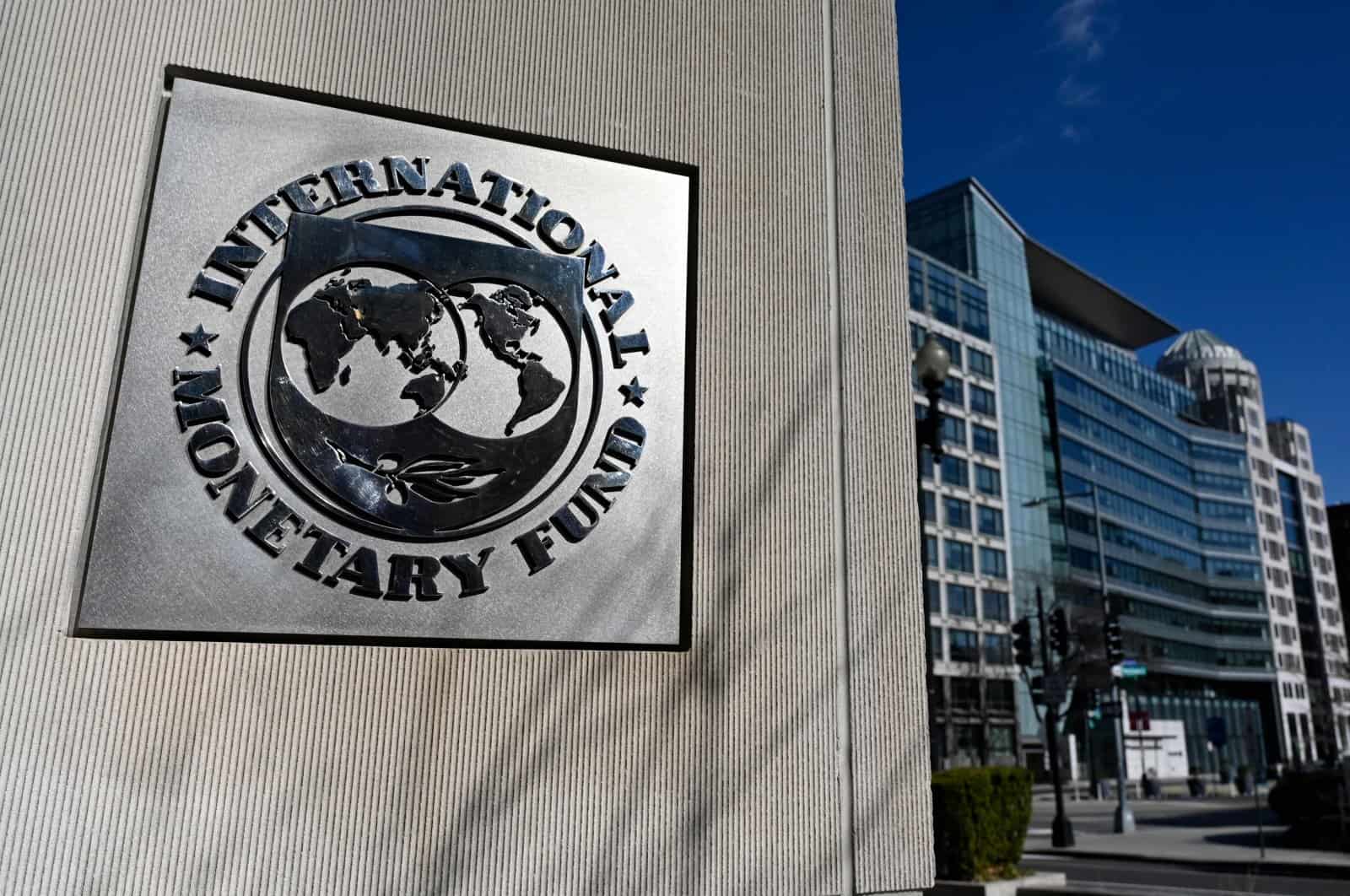Experts say the government is seeking an aid package worth about two billion euros.
Rother praised Tunisian officials for “making important progress with their economic agenda” but said the nation faces a “challenging” outlook.
“Growth will likely decelerate while higher international prices for energy and food are adding to already high inflation and are increasing fiscal and external deficits and debt,” he said. “Urgent measures are needed to reduce these imbalances in a socially sustainable manner.”
The government of President Kais Saied, who last year staged a dramatic power grab, has proposed a reform package that includes freezing the public wage bill, cutting some subsidies and restructuring state firms.
Rother said that in addition to reducing the growth of public wage costs, the country needs to phase out energy subsidies with “regular price hikes,” and shore up tax collection, while also strengthening the social safety net.
The powerful UGTT trade union, which staged a nationwide public sector strike last month over pay, has rejected “painful options” aimed at meeting IMF demands.








